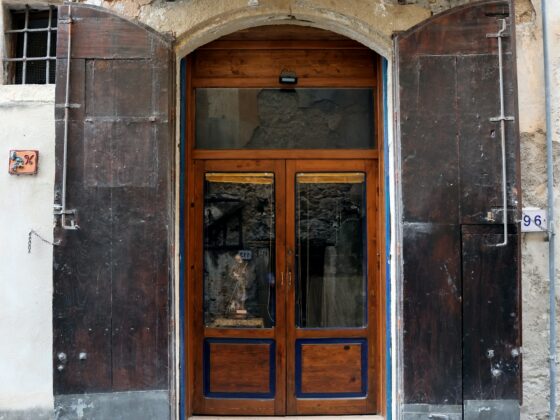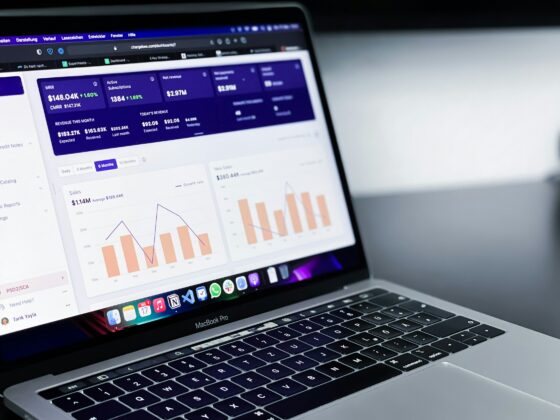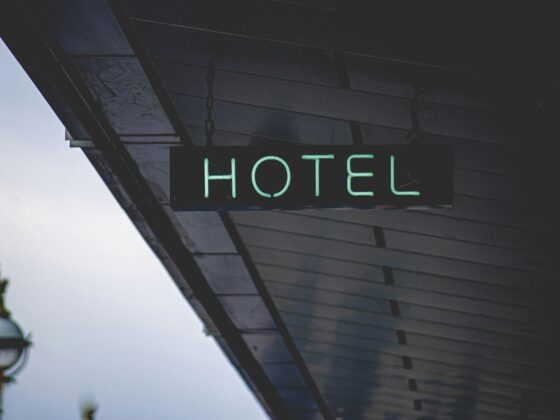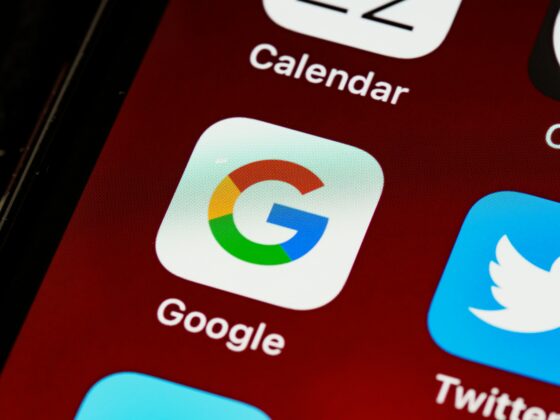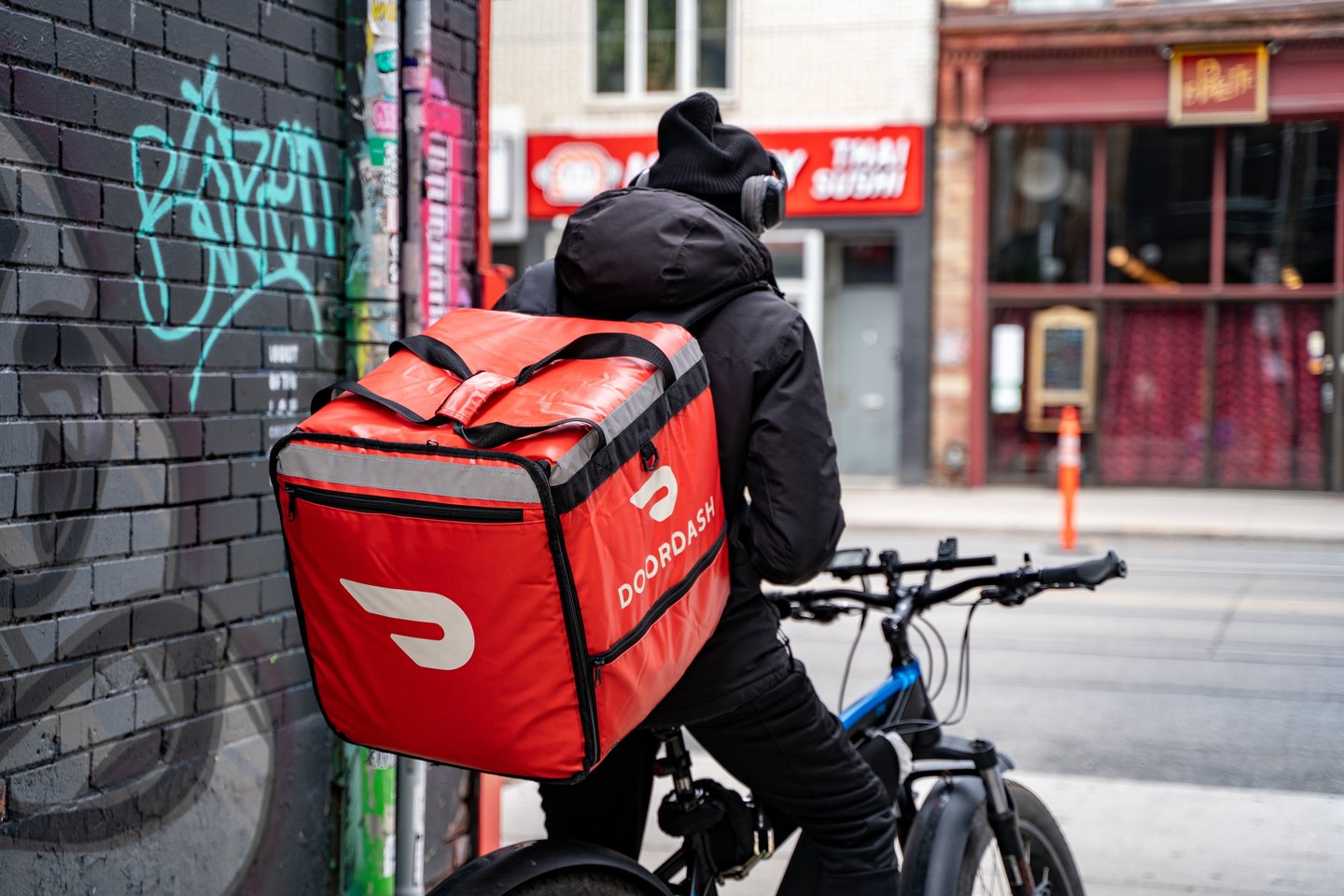
DoorDash’s deal to acquire SevenRooms could create an end-to-end platform, but restaurant leaders must understand the pros and cons.
That collective “wow” you heard last week was the sound of restaurant operators, suppliers, and marketers responding to the news that DoorDash is acquiring SevenRooms.
No, it isn’t just another headline.
DoorDash built its $40 billion third-party delivery business by mastering the art of on-demand logistics and consumer convenience. SevenRooms built its customer relationship management business by helping restaurants personalize service, control reservations, manage waitlists, and even run loyalty programs.
With this acquisition, DoorDash potentially evolves the way Amazon did with Prime: Build an all-in-one stack, bundle services, and make it really easy for customers (read: very hard to quit).
DoorDash + SevenRooms = an End-to-End Platform Fueled by Customer Data
Toby W. Malbec, Vice President of Global Restaurant Technology at Church’s Texas Chicken, sees this acquisition as part of a long game: “He who owns the data and understands the customer owns the customer.” In other words, DoorDash isn’t just acquiring CRM tools — it’s laying the foundation for a “Mega-Loyalty” ecosystem that could rival, if not eclipse, the individual loyalty programs of restaurants themselves.
That could be a problem. “Merchants should be concerned with this extension of reach,” Malbec says. “This may simply be a step closer to overcoming the last obstacle — independent loyalty — and further commoditizing the respective restaurant brands as ‘books in a library,’ with DoorDash being the library.”
Malbec also warns of a less visible threat: the ability for DoorDash to monetize aggregated customer data. With SevenRooms’ tech, DoorDash could package insights gleaned from one brand and sell them—directly or indirectly—to others. “Merchants should be very careful when they sign agreements,” he says. “Understand what rights you have to the customers you get through the 3PD channel, and what the 3PD has the right to do with that data.”
This isn’t just about loyalty points and CRM. It’s about control over the relationship—and the value it generates.
How Might Restaurants Benefit?
But if technology like SevenRooms can be used to convert off-premise diners into in-store regulars, that’s potentially a win. Robert Peterson, Area Vice President of New Business North America at Oracle Restaurants, sees opportunity amid the consolidation. “This is a plus for the restaurants’ relationship with DoorDash,” he says. “Many DoorDash-only guests never step foot into the restaurants that prepare their meals.”
Peterson believes that restaurant brands of any size can benefit — particularly if they capitalize on increased traffic and use these tools to deepen engagement. “SevenRooms offers CRM and other benefits that smaller operators may not be able to afford otherwise,” he notes.
Malbec notes, “Organizations with limited technical resources normally benefit from companies who aggressively acquire complementary technologies,” he says. But there’s a caveat: “This is only beneficial if it does not stunt competition or collaboration.”
What Should You Do Now?
Whether you’re reacting to a major acquisition like DoorDash’s purchase of SevenRooms or simply navigating the everyday complexities of tech partnerships, the following steps are always a good idea:
- Audit your stack regularly—know which systems touch your customer data and where that data flows.
- Read every contract closely to understand who truly owns your guest profiles — and whether you can take them with you if you switch platforms.
- Stay modular to preserve flexibility and avoid lock-in, especially when it comes to your front-of-house systems.
- Demand open APIs and data access from every technology partner, no matter how attractive the bundle may look.
Want more insights like this? Subscribe to the HT Alert e-newsletter and get news, trends, and analysis delivered straight to your inbox.

